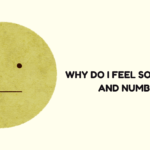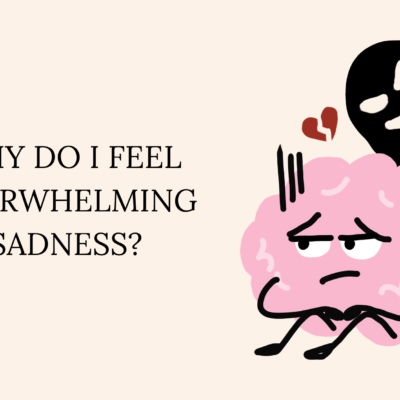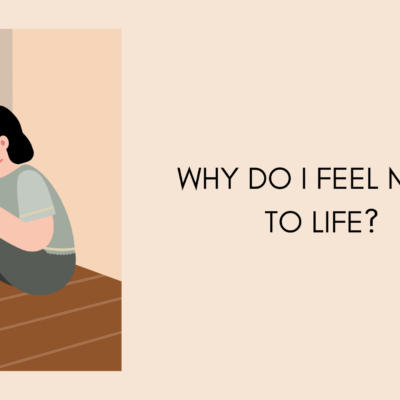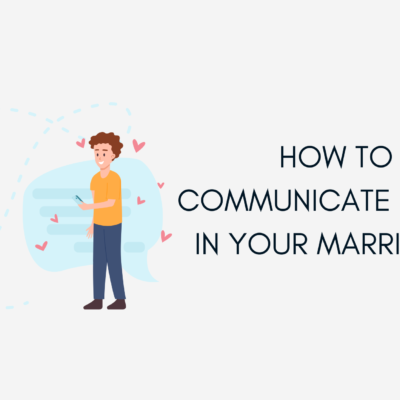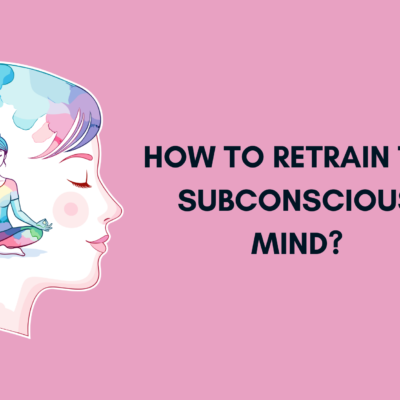How to Let Go of Betrayal: Betrayal is one of the deepest emotional wounds a person can experience. Whether it comes from a friend, family member, partner, or colleague, the pain of betrayal runs deeper than disappointment—it shatters trust, disrupts our sense of safety, and shakes our faith in humanity. But healing is possible. And letting go isn’t about forgetting what happened; it’s about reclaiming your peace, power, and identity. This article gently guides you through understanding betrayal, processing the pain, and ultimately letting go—without losing yourself in the process.
Also Read:
1. Understanding the Nature of Betrayal
Betrayal isn’t just about what someone did—it’s about what that act represented. It often violates core values like trust, loyalty, honesty, or love. That’s why betrayal feels so personal. It feels like someone didn’t just hurt us—they chose to.
Types of betrayal may include:
- Infidelity in relationships
- Secrets and lies
- Broken promises
- Manipulation or gaslighting
- Abandonment in times of need
What’s common across all forms is the feeling of being emotionally ambushed—caught off guard by someone you once believed in. It’s not just the action; it’s the breach of belief that stings the most.
2. Allow Yourself to Feel Everything
You don’t need to rush into forgiveness. You don’t have to suppress the anger, sadness, confusion, or grief. One of the most powerful steps in healing betrayal is giving yourself permission to feel.
You might experience:
- Shock: “I can’t believe they did this.”
- Denial: “Maybe there’s a misunderstanding.”
- Rage: “How could they betray me like this?”
- Grief: “I’ve lost someone I loved and trusted.”
- Shame: “Was I not enough?”
- Self-blame: “Maybe it’s my fault.”
Every emotion is valid. Let yourself cry, scream, write, talk. Holding in pain only causes it to grow roots. Releasing it begins to clear space for healing.
3. Separate the Betrayal from Your Self-Worth
One of betrayal’s cruel tricks is that it makes us question our value. “If they betrayed me, does that mean I wasn’t good enough?” The answer is no.
Their actions are a reflection of their character—not your worth. You could have been loving, loyal, and honest—and still be betrayed. People betray not always because of who you are, but because of who they are: unhealed, insecure, selfish, or simply incapable of honesty.
You are still whole. Still worthy. Still lovable. Don’t let someone’s brokenness convince you that you are broken.
4. Don’t Seek Closure From the Person Who Hurt You
Often, we believe that healing requires answers. We want to know why they did it, how they could, and if they ever cared at all. But the truth is—some people will never give us the closure we deserve. And chasing it can reopen wounds instead of closing them.
Sometimes the only closure you need is the decision to walk away from what hurt you, even without all the answers. Closure doesn’t come from them—it comes from you choosing peace over chaos, self-respect over resentment.
5. Reclaim Your Narrative
After betrayal, we often replay the story on loop: the moment we found out, what they said, what we should’ve done differently. But if you keep retelling the story through the lens of pain, you stay trapped in it.
Try rewriting your narrative:
- From “They ruined me” to “I’m learning how strong I really am.”
- From “I’ll never trust again” to “I’m learning how to protect my peace.”
- From “I was too naive” to “I chose to see the good. That’s not weakness—it’s courage.”
Reframing your story doesn’t deny the pain—it reclaims the power that pain tried to take away.
6. Establish Boundaries—Without Bitterness
Letting go doesn’t always mean reconciliation. Sometimes it means accepting that certain people can no longer be part of your life. That’s not revenge—it’s wisdom.
If you choose to keep distance, do so from a place of self-love, not hate.
Set boundaries like:
- “I need space to heal.”
- “I don’t feel safe continuing this relationship.”
- “My peace is my priority.”
Bitterness chains you to the betrayal. Boundaries set you free.
7. Forgive—But Only When You’re Ready
Forgiveness is one of the most misunderstood parts of healing. It doesn’t mean saying what they did was okay. It doesn’t mean letting them back in. It means you’re choosing to let go of the poison, so it doesn’t live inside you forever.
Forgiveness is:
- A personal act, not a public one.
- A gift to your own heart, not a favor to them.
- A sign of strength, not weakness.
You may never forget what happened, but you can choose not to carry it anymore.
8. Rebuild Trust—Carefully and Consciously
After betrayal, trust can feel like a foreign language. You might start to doubt everyone—even those who haven’t wronged you. That’s a normal trauma response.
Rebuilding trust begins with:
- Trusting yourself first: your gut, your intuition, your strength.
- Taking small steps: open your heart again—but don’t ignore red flags.
- Choosing people wisely: surround yourself with those who show up, not just speak well.
Healing isn’t about trusting everyone again. It’s about knowing who is safe to trust—and being okay walking away from those who aren’t.
9. Channel the Pain into Growth
Betrayal breaks you open—but sometimes, growth begins where the cracks appear.
Ask yourself:
- What have I learned about people?
- What have I discovered about myself?
- What am I no longer willing to tolerate?
- What kind of love/friendship/workplace do I now know I deserve?
Pain, when processed, becomes wisdom. And wisdom will shape the rest of your life in powerful ways.
10. Reconnect With What Grounds You
When someone betrays us, we often lose not just them—but parts of ourselves. Our routines collapse. Our joy dims. Our identity feels shaken.
Take time to reconnect with:
- What makes you feel alive: music, nature, creativity, prayer, learning.
- Who uplifts you: true friends, supportive family, therapists, communities.
- Why you’re worth fighting for: your story, your resilience, your dreams.
Healing isn’t just about moving on from the betrayal. It’s about returning to yourself—and realizing you were never truly lost.
Final Thoughts: Letting Go Is a Form of Freedom
Letting go of betrayal is not a straight line. You’ll have days where you feel strong and other days where the pain resurfaces unexpectedly. That’s okay. Healing is not about perfection—it’s about progress.
You are not what happened to you. You are who you choose to become after it.
In the end, letting go isn’t just about walking away from someone who hurt you. It’s about walking toward yourself—with more compassion, more clarity, and more courage than ever before.
Betrayal may have wounded your heart, but it cannot destroy your soul—unless you let it. Choose to rise. Choose to heal. Choose you.

